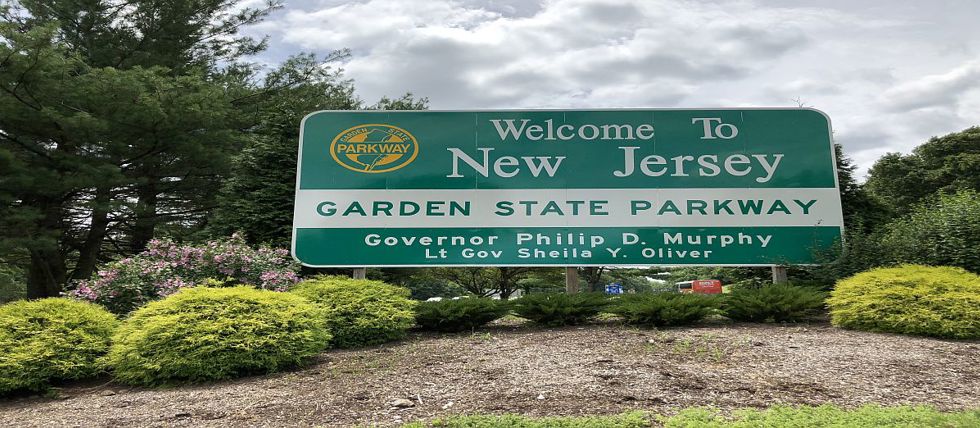The 'Problem Gambling' Rate in New Jersey Is Declining

Gambling, both land-based and online, is on the rise in New Jersey, as in other locations. However, despite the increase, the rate of those susceptible to "problem gambling" isn't seeing a corresponding increase.
Problem Gambling Remains Low in New Jersey
In a recent study conducted in New Jersey, encouraging findings have come to light, indicating a notable decrease in the rate of problem gambling within the state. The research, which delves into the dynamics of gambling behavior, unveils a positive trend that suggests effective measures are making an impact on mitigating issues related to excessive gambling.
The research was led by Rutgers University, determined that the problem gambling rate in New Jersey dropped 11% from 2017 to 2021. At the same time, according to the study, the state has one of the highest levels of problem gambling rates in the US.
Related: BetCity and Mindway AI Join Forces to Identify Problem GamblingAlmost 20% of state residents of legal gambling age placed at least one bet on sports in 2021. This is a 5% increase from the 2017 figure. At the same time, online betting tripled and the number of those who wager online and in person grew to 36%, a 100% increase over the period.
The comprehensive study, centered on the prevalence of problem gambling, sheds light on the evolving landscape of gaming habits in New Jersey. The findings indicate a decline in the problematic aspects associated with gambling, signifying a potential shift in the overall well-being of individuals engaging in gaming activities.
One of the key highlights of the study is the identification of specific initiatives and interventions that have contributed to the reduction in problem gambling rates. These efforts, implemented by both government and non-government entities, underscore a collaborative approach aimed at fostering responsible gaming practices.
New Jersey Leads in Responsible Gambling Initiatives
New Jersey has been at the forefront of regulating and monitoring the gaming industry, and the latest study is a testament to the efficacy of these measures. By employing a multifaceted strategy that includes education, awareness campaigns, and support services, New Jersey has successfully created an environment that promotes responsible gambling behavior.
Education plays a pivotal role in the ongoing efforts to address problem gambling. The study indicates that increased awareness about the potential risks associated with gambling has led to more informed decisions among participants. Educational campaigns, disseminating information about the signs of problem gambling and available resources for assistance, have empowered individuals to make choices that align with responsible gaming practices.
Furthermore, support services for those struggling with gambling-related issues have played a crucial role in the observed decline. New Jersey has established accessible and effective channels for individuals seeking help, ensuring that support is readily available for those who may be facing challenges related to their gambling behavior.
The study's results serve as a positive narrative for New Jersey's gambling industry, showcasing that a commitment to responsible gaming can yield tangible improvements in the well-being of the community. As the state continues to refine its approach to gaming regulation and support services, it sets a precedent for other jurisdictions to prioritize responsible gaming practices and prioritize the welfare of individuals engaging in recreational activities.
More Responsible Gambling News
 Responsible Gambling
Responsible Gambling
France's Gambling Regulator Eyes Excessive Gambling Reduction as Cornerstone of Policy
Jun 27, 2025 Responsible Gambling
Responsible Gambling
International Center for Responsible Gaming Supporting Deep Research Into Gaming Habits
Jun 16, 2025RELATED TOPICS: Responsible Gambling









Review this New Post
Leave a Comment
User Comments
Comments for The 'Problem Gambling' Rate in New Jersey Is Declining